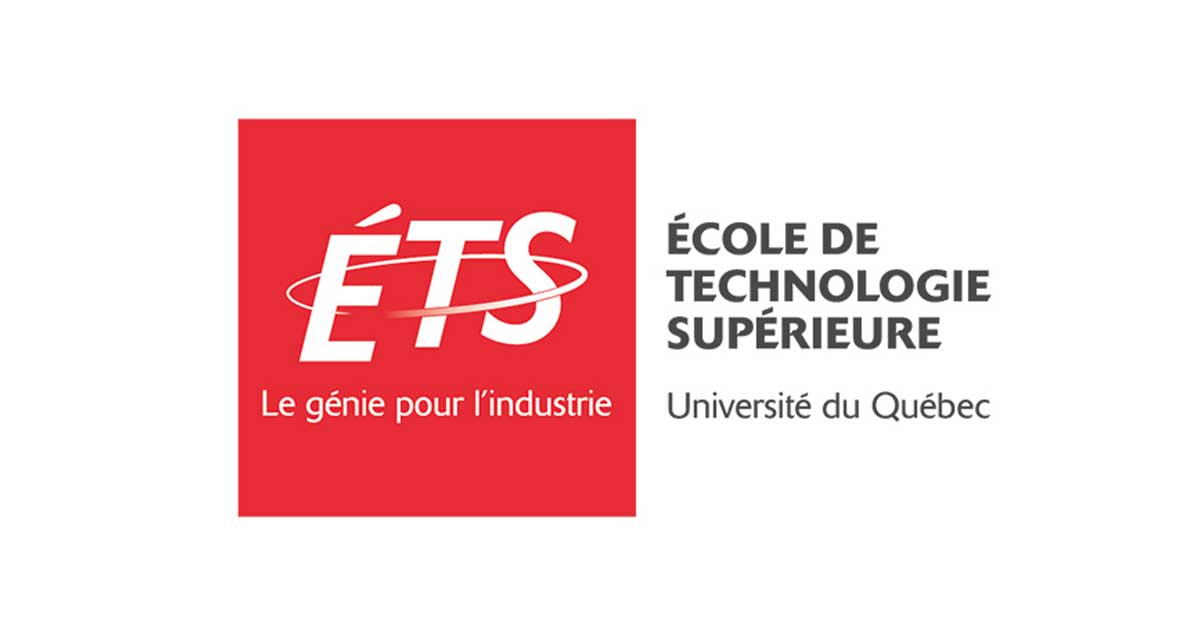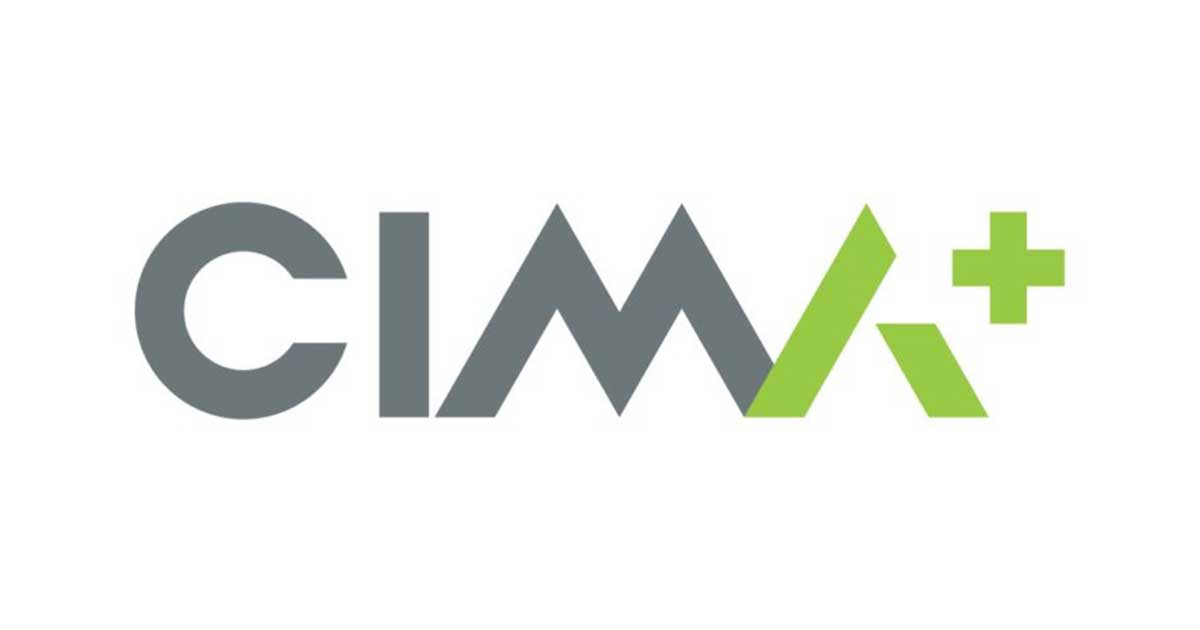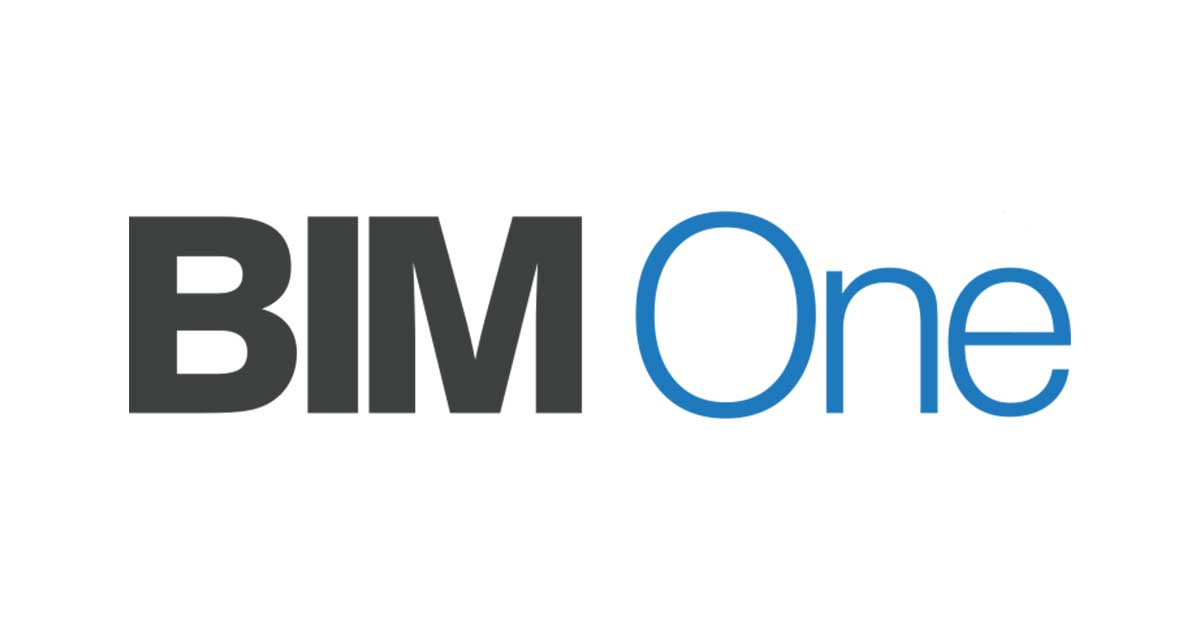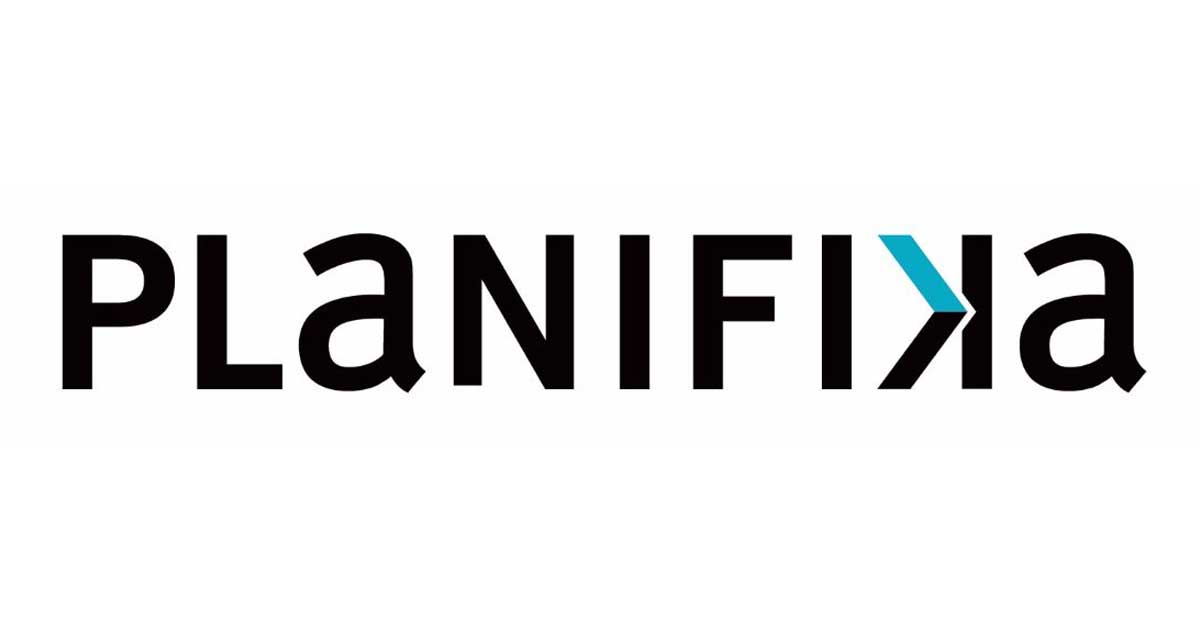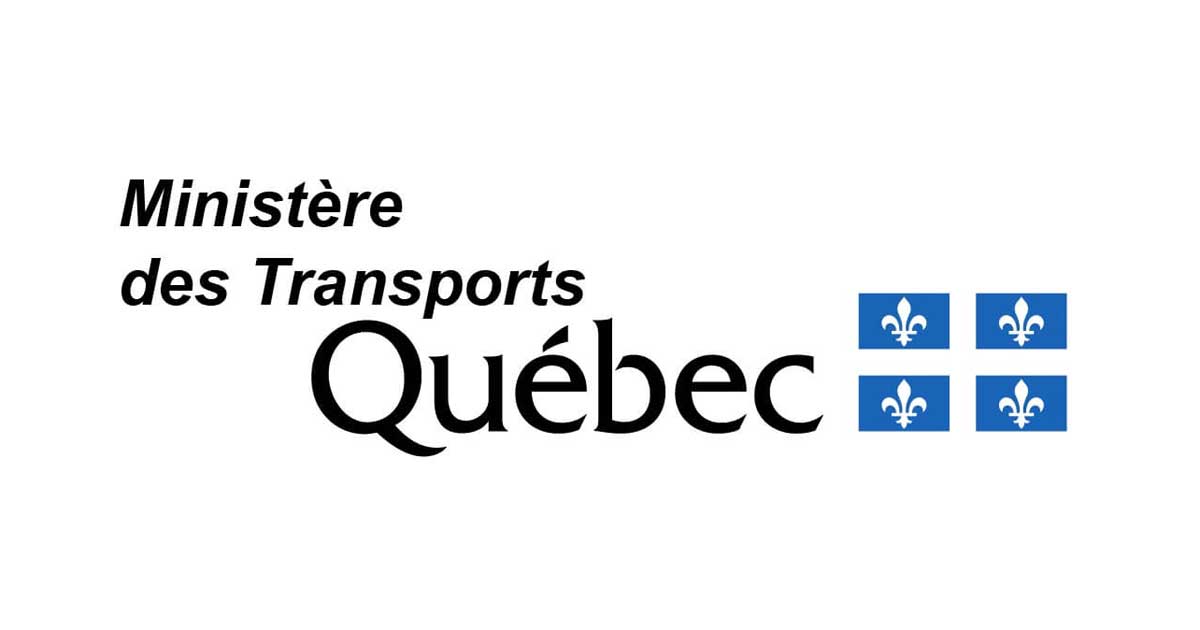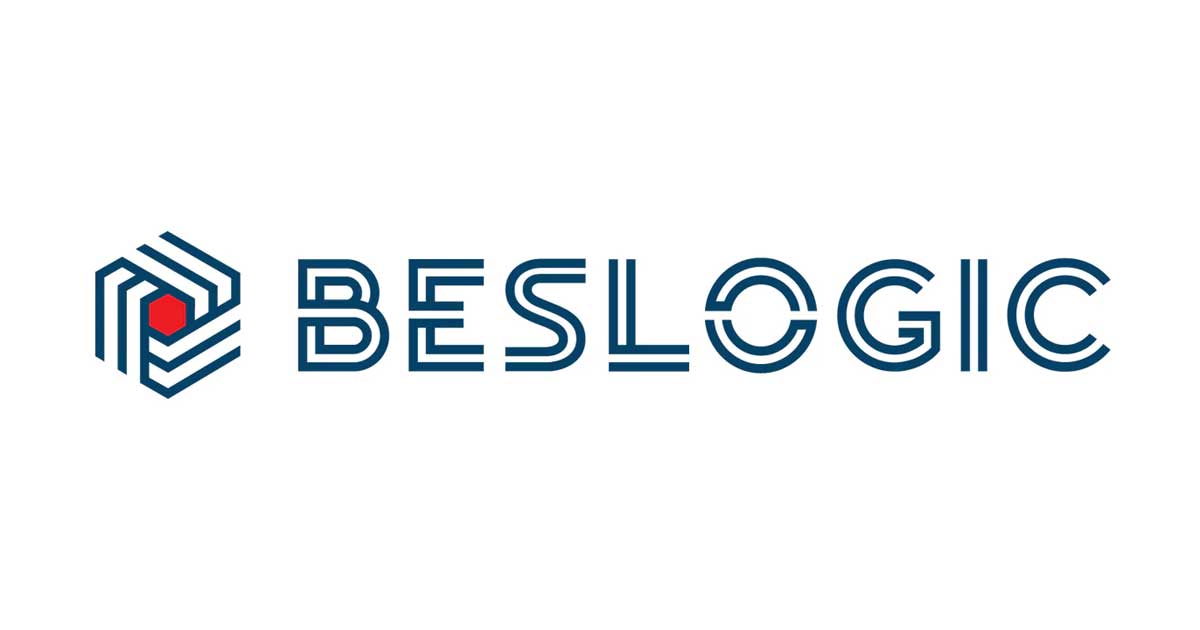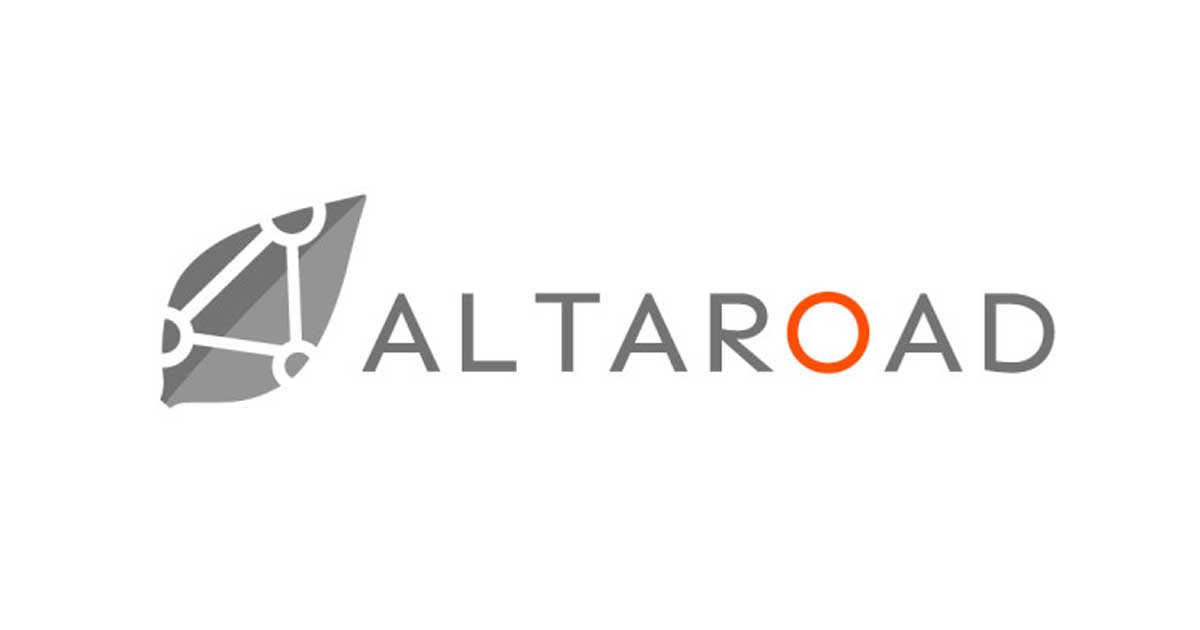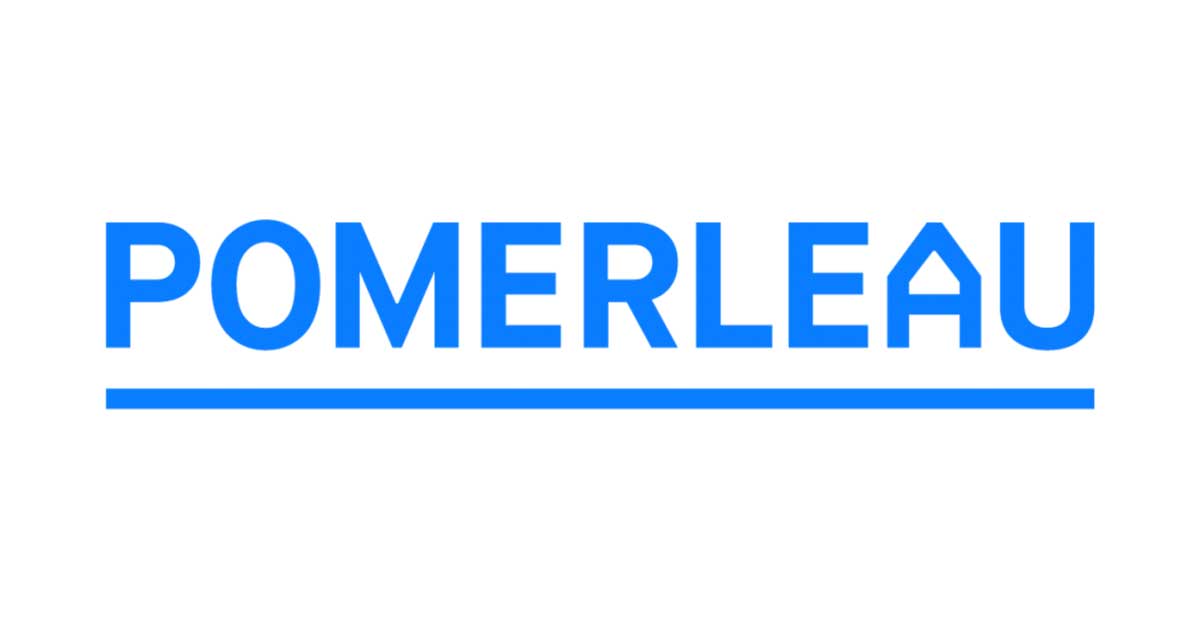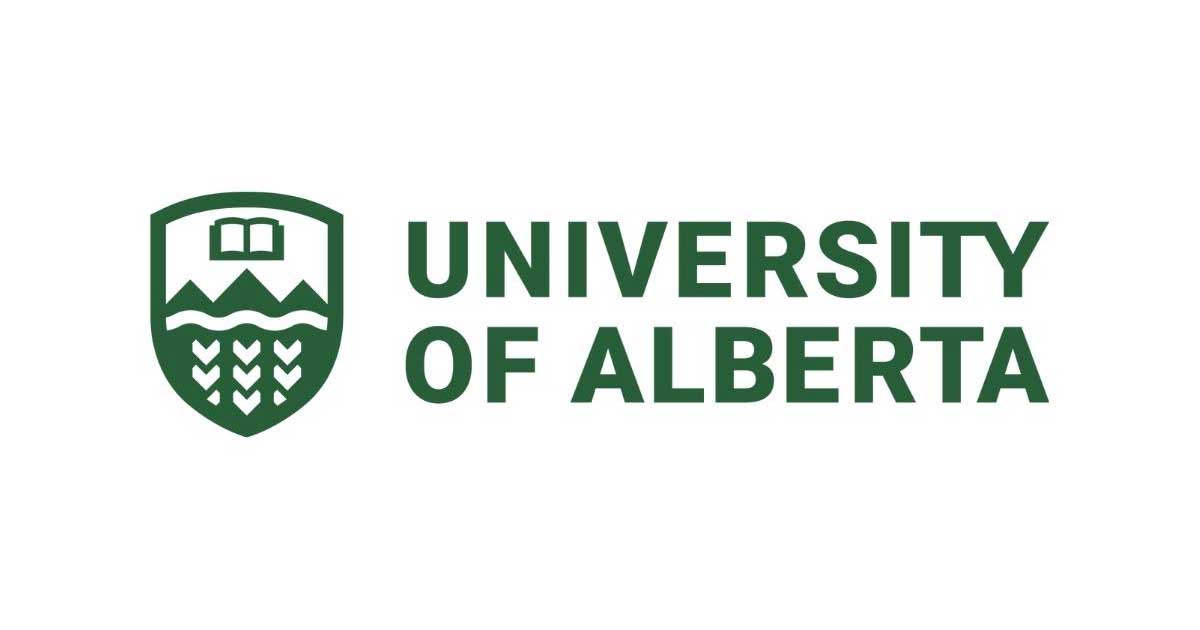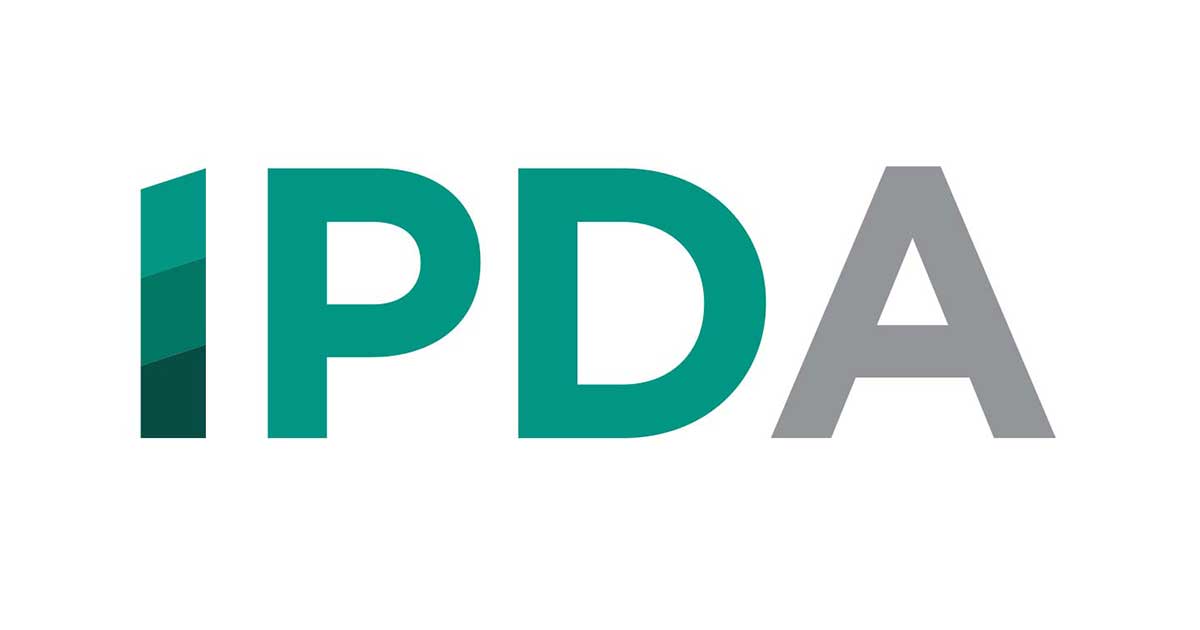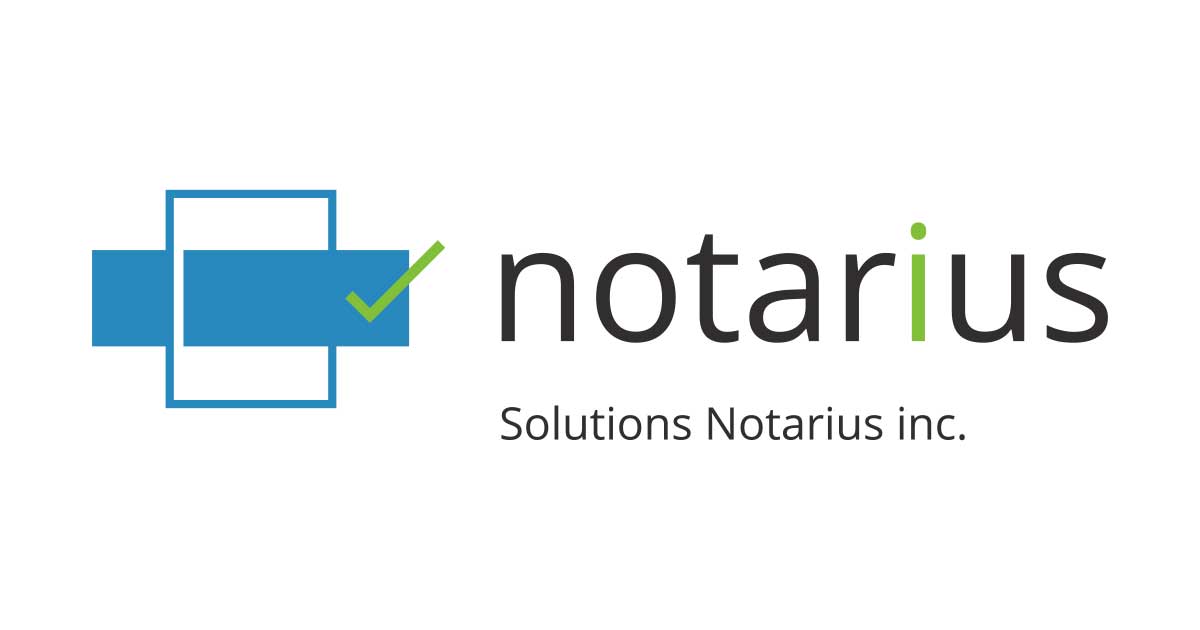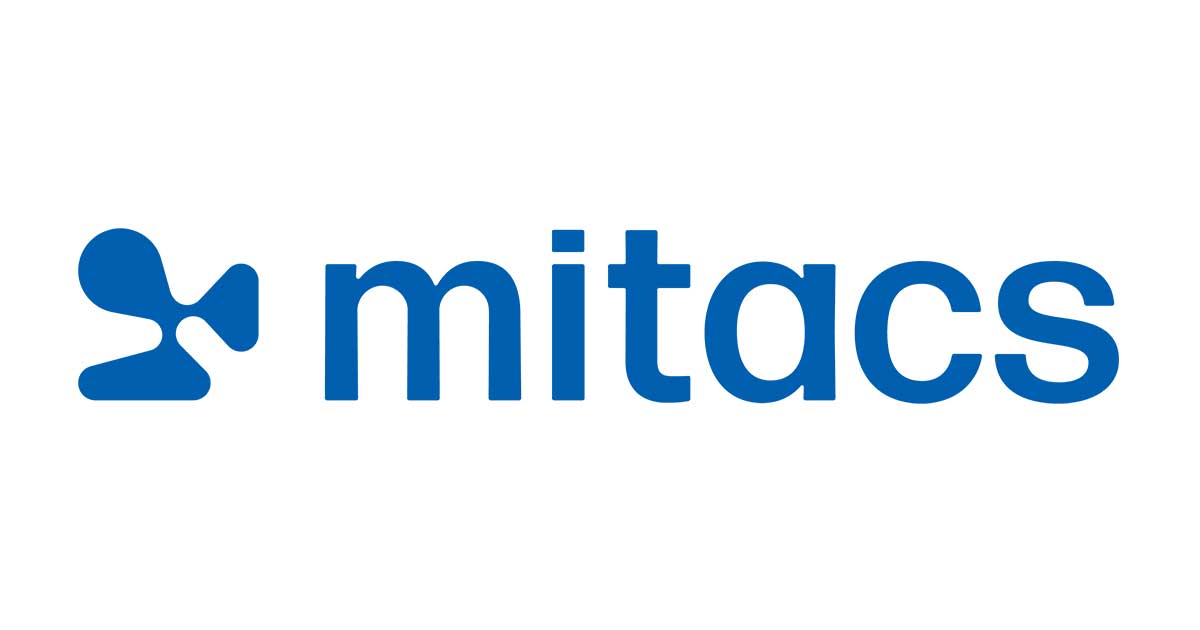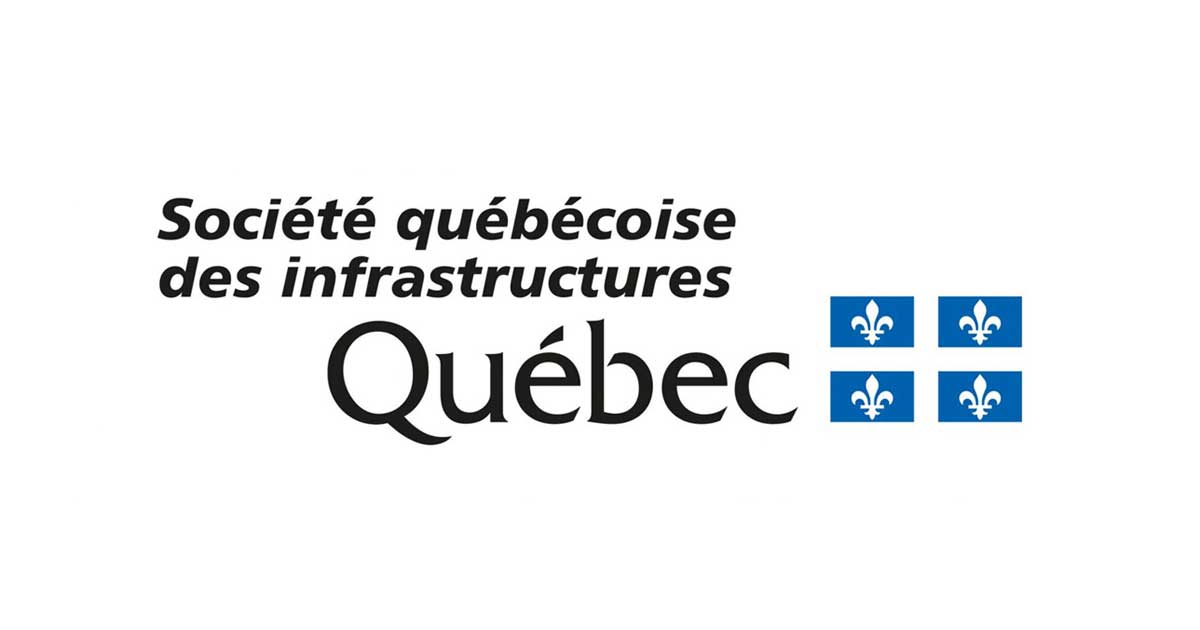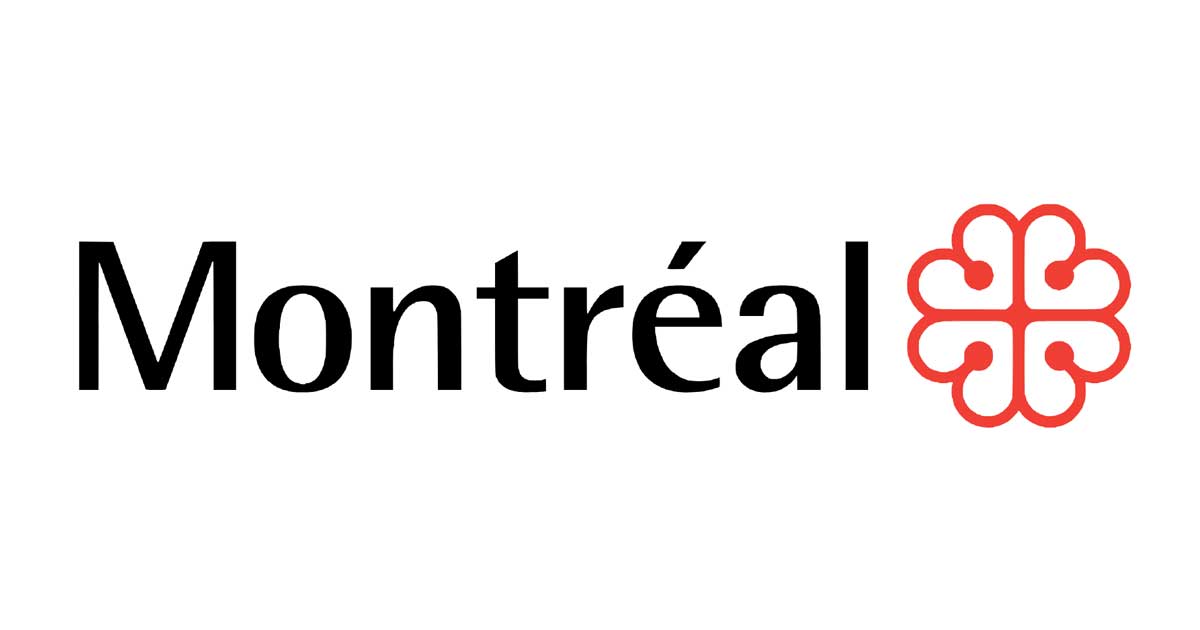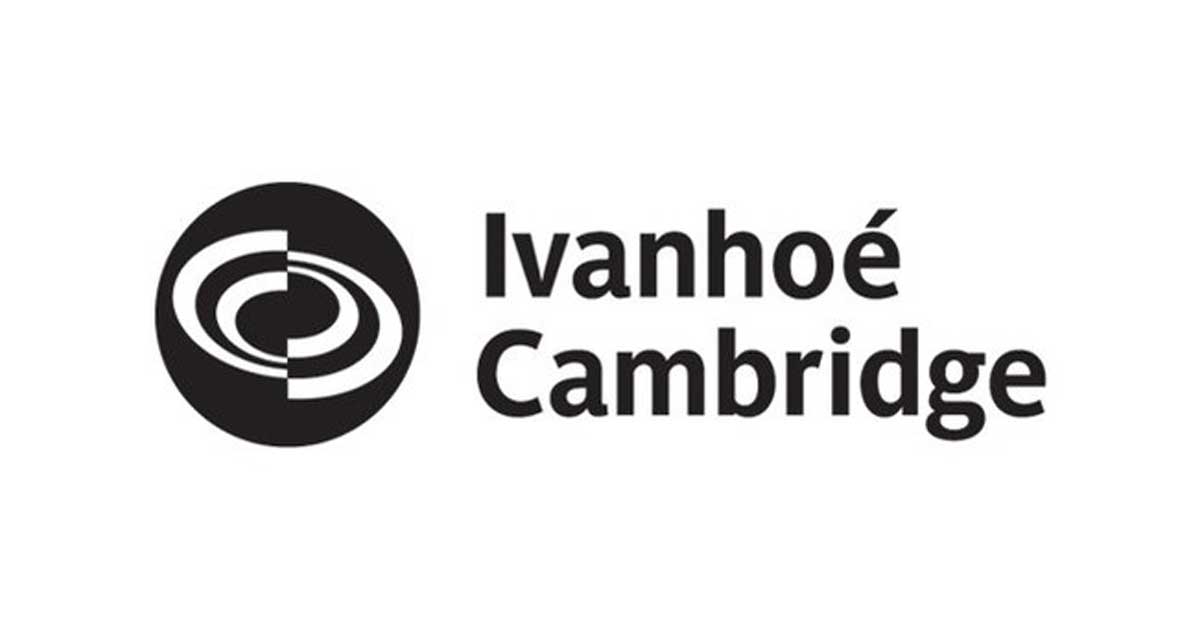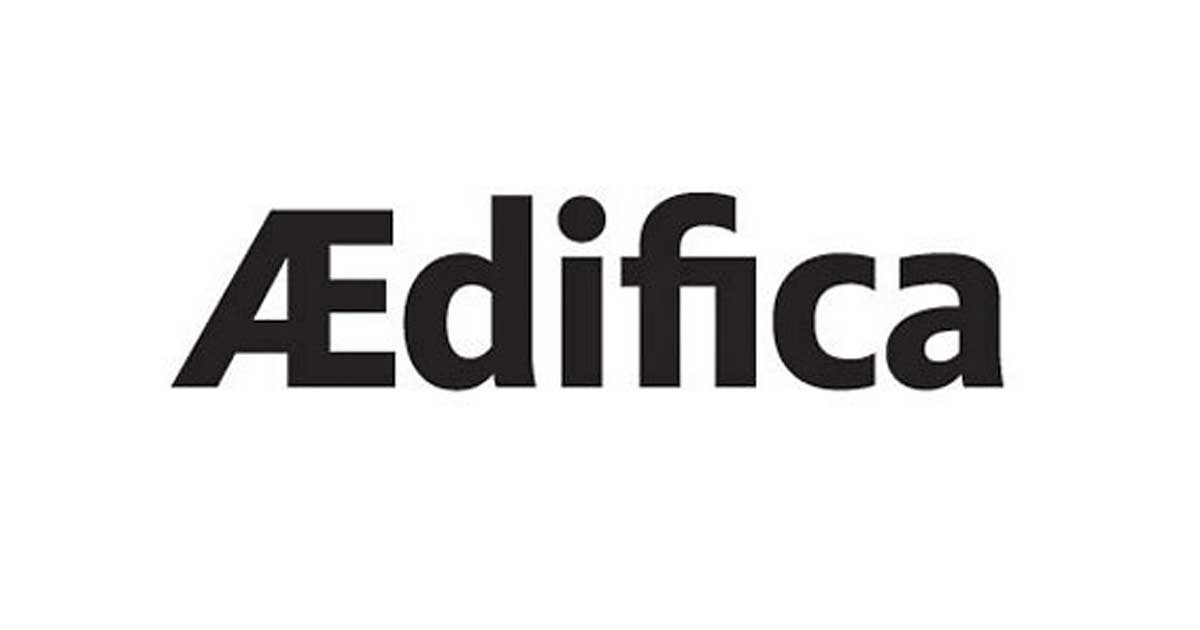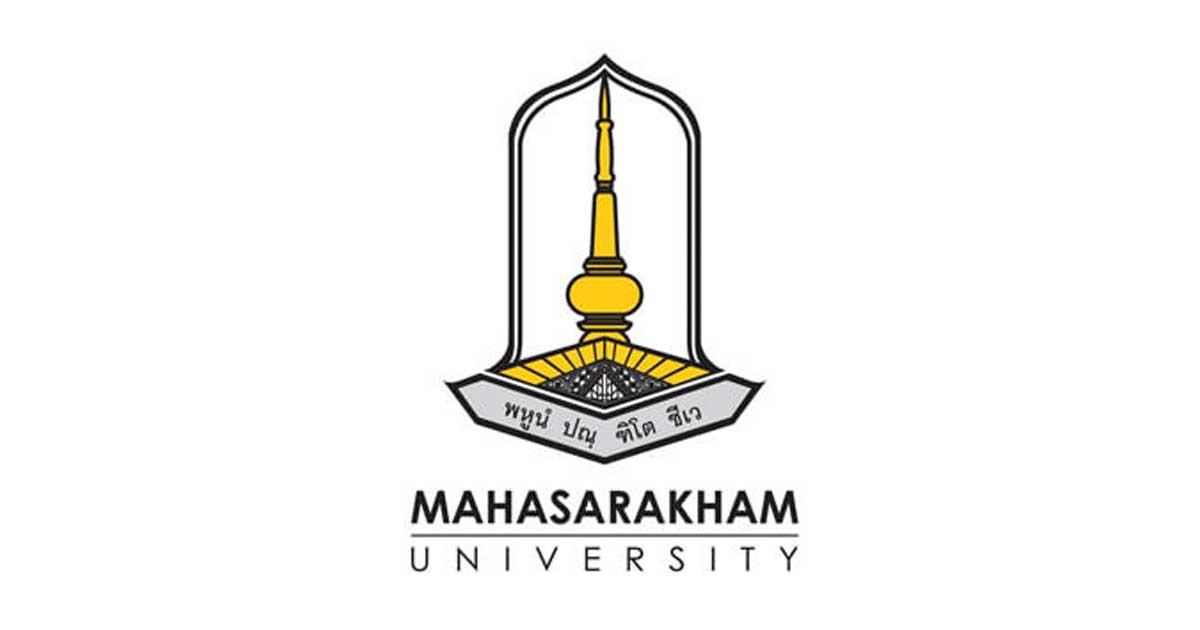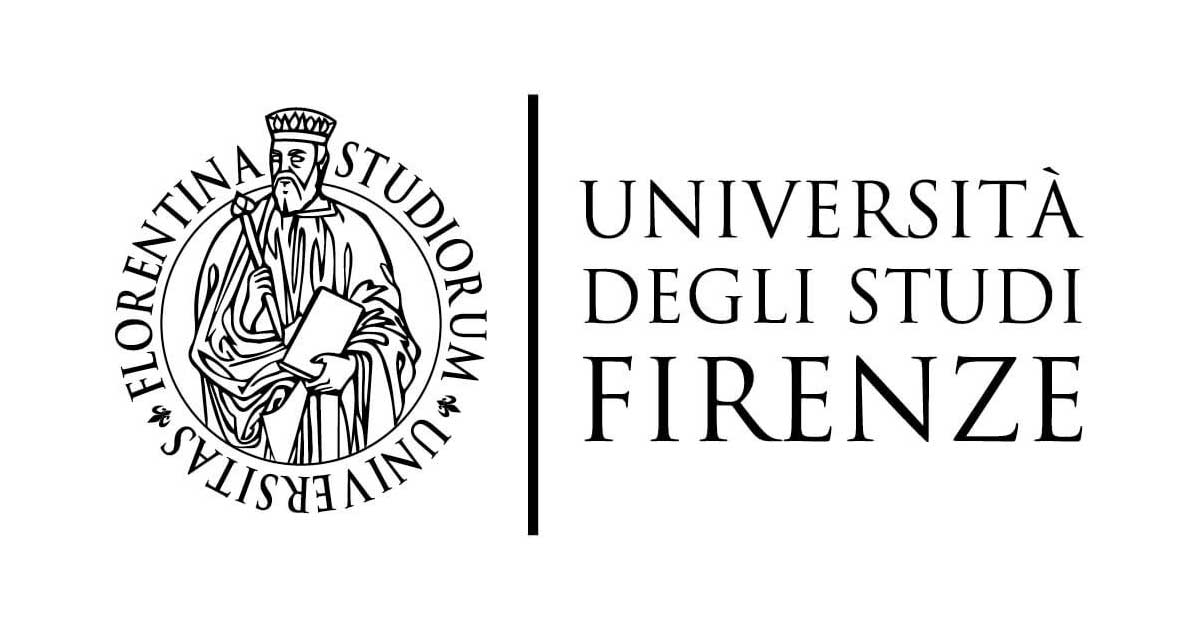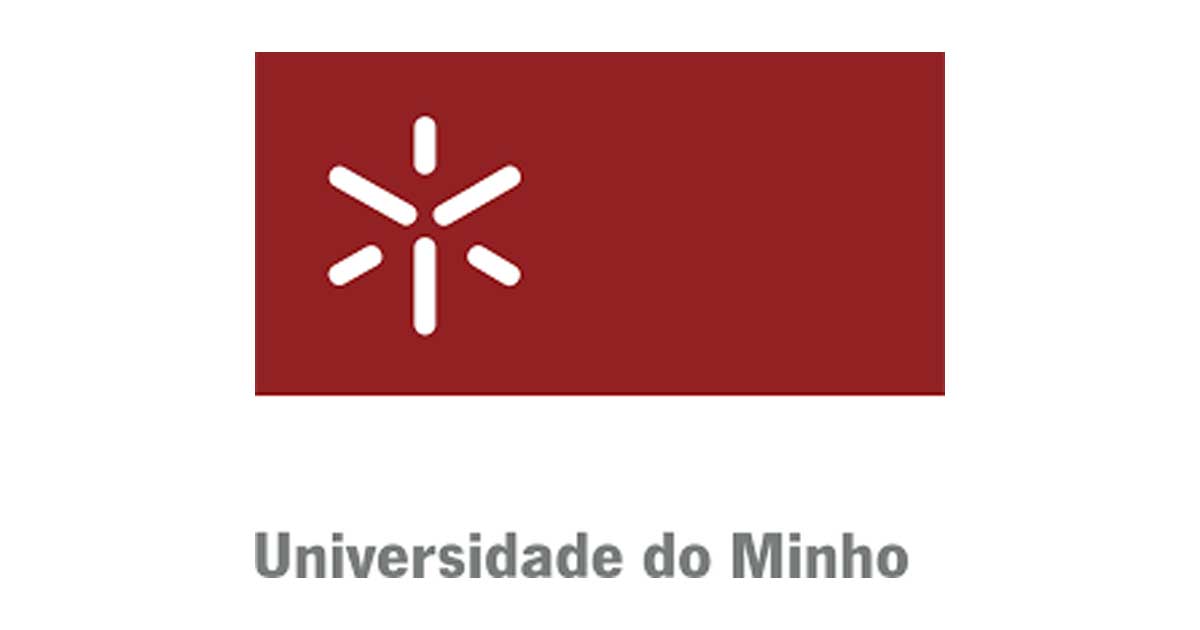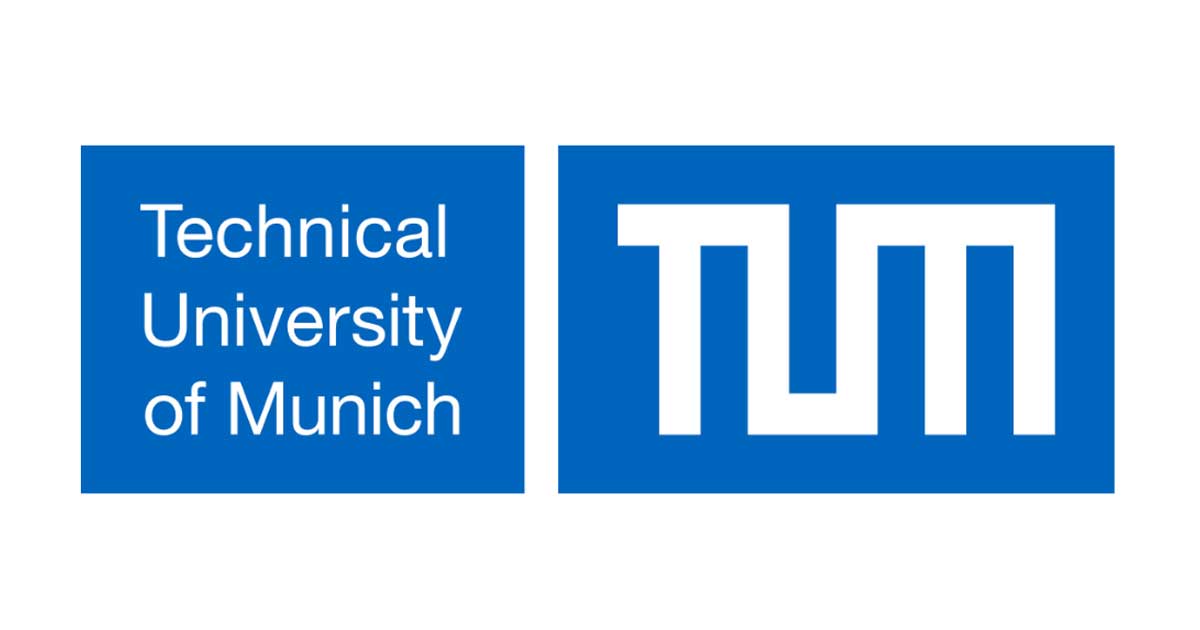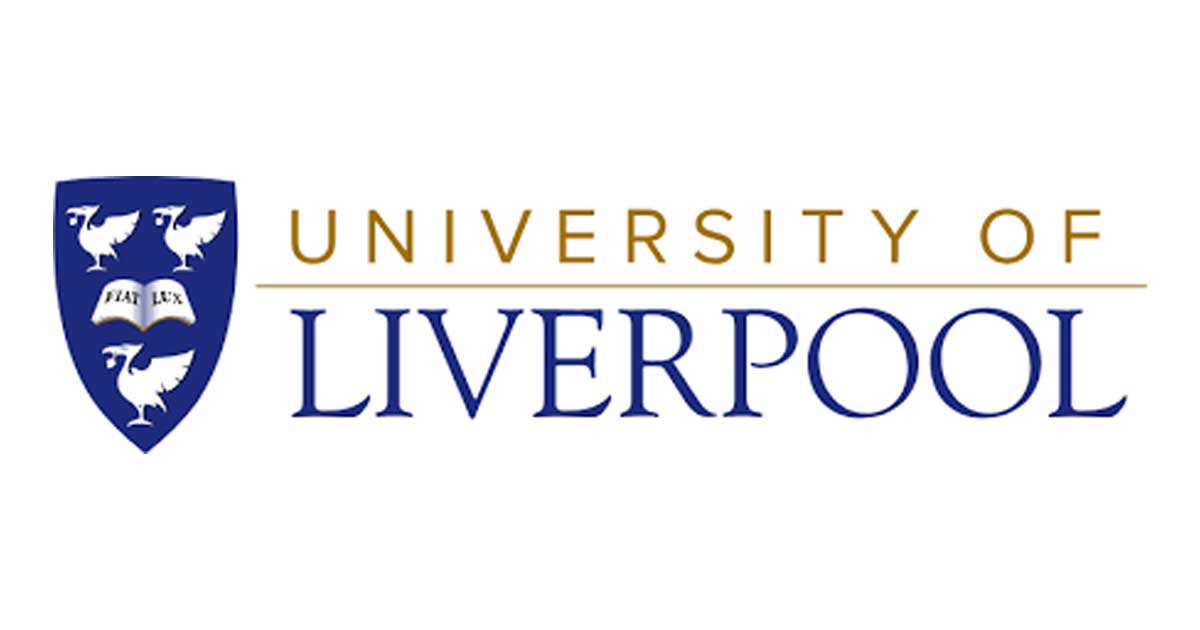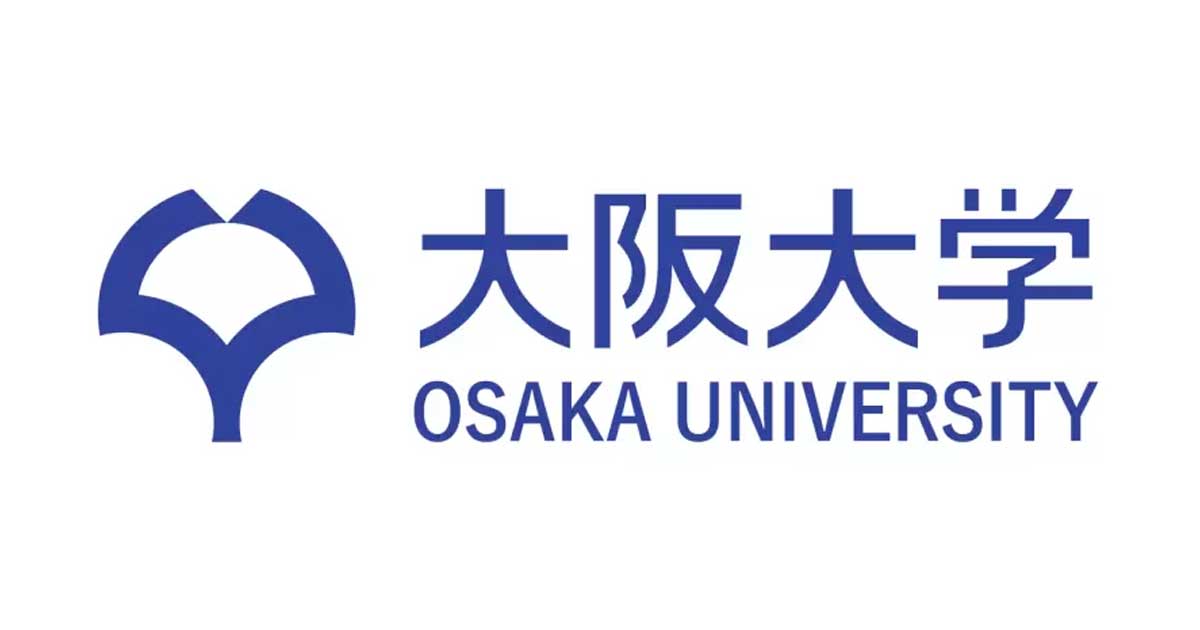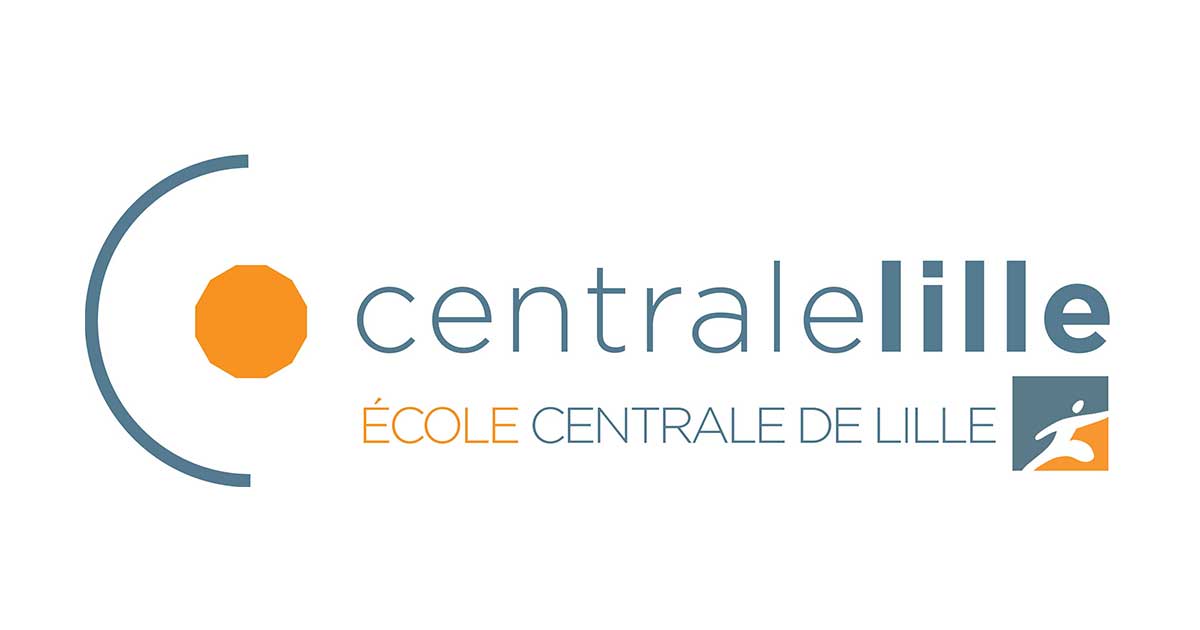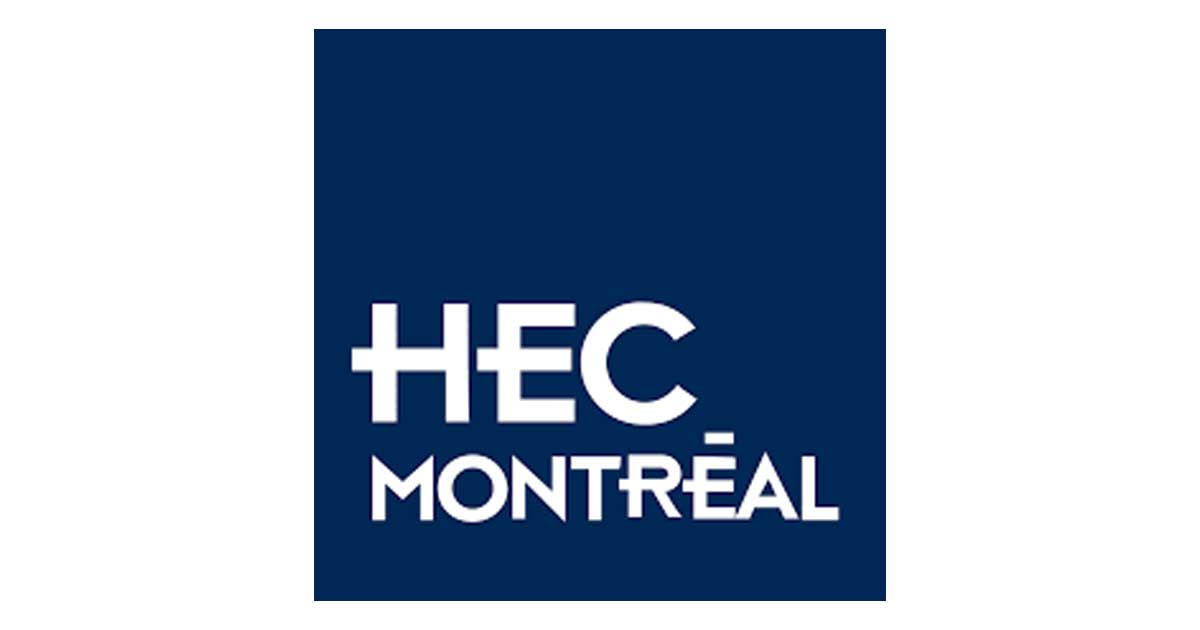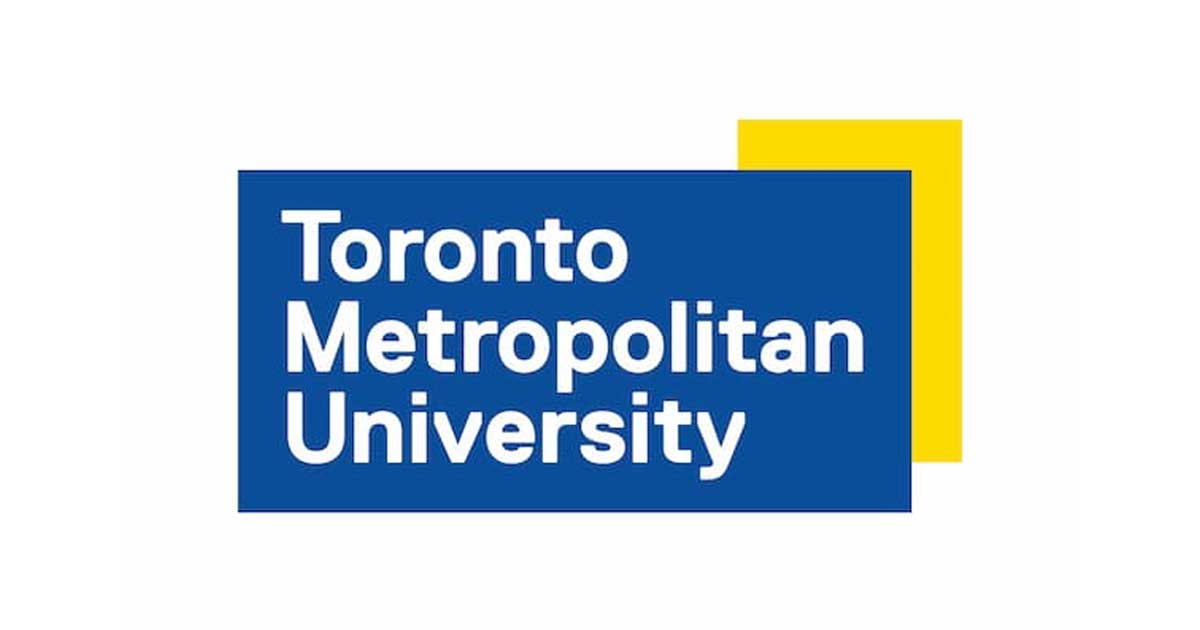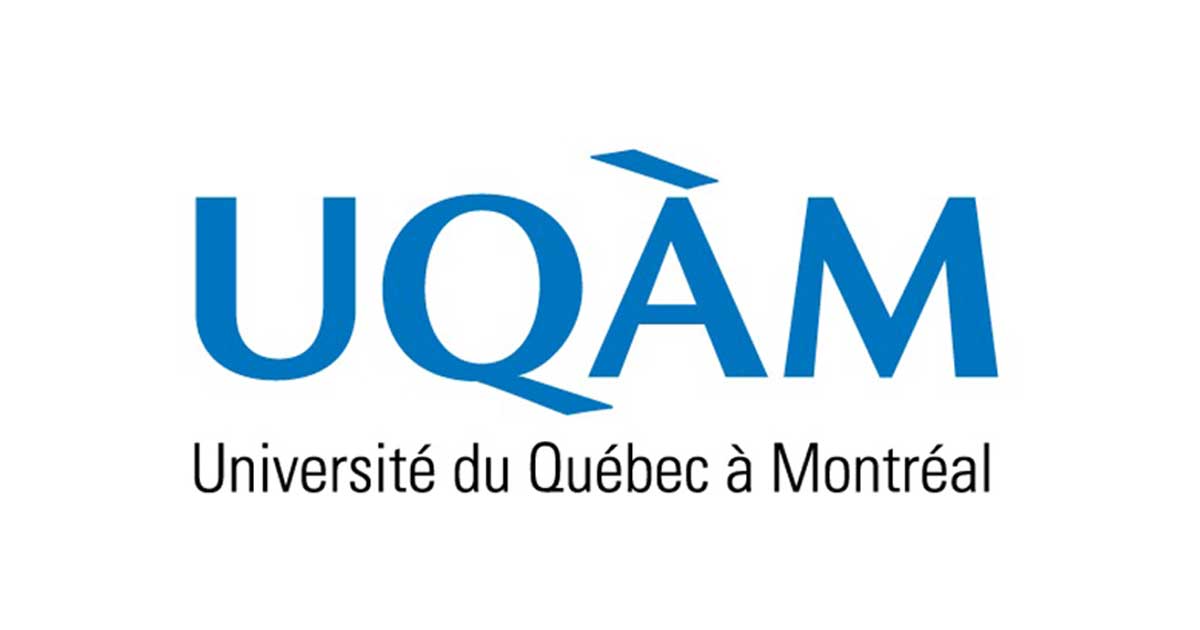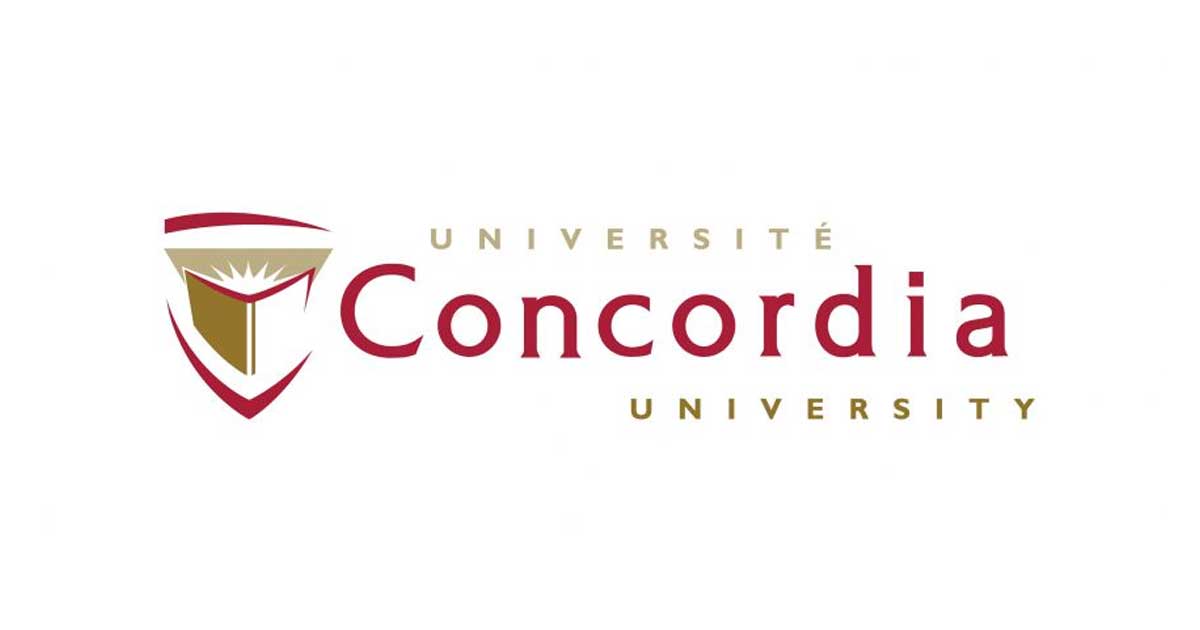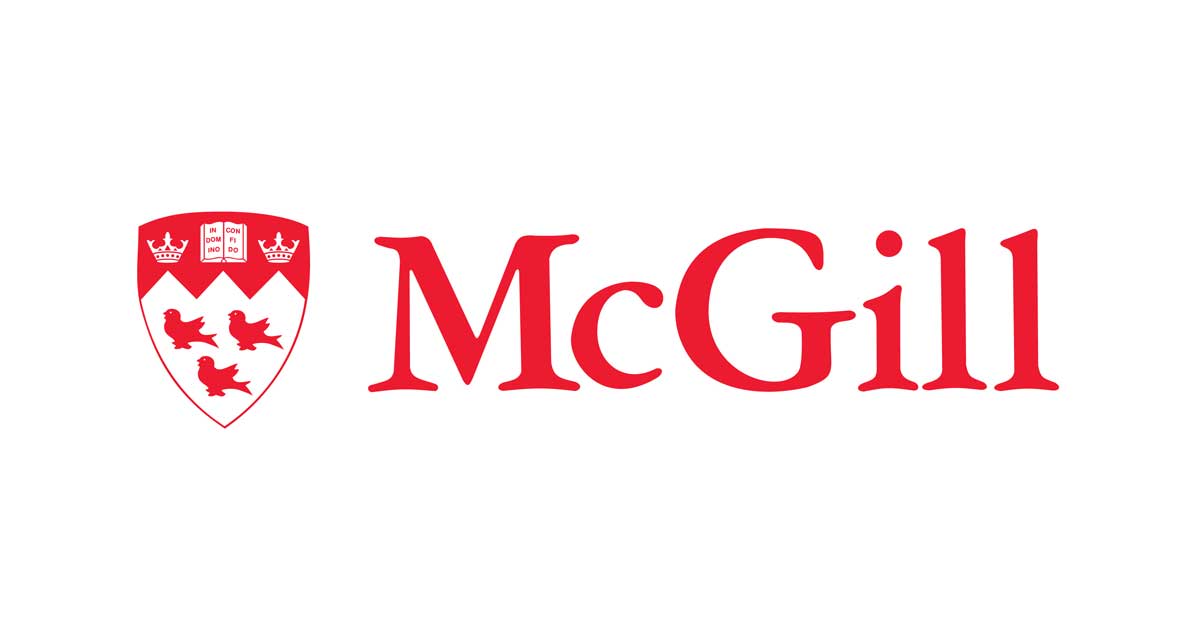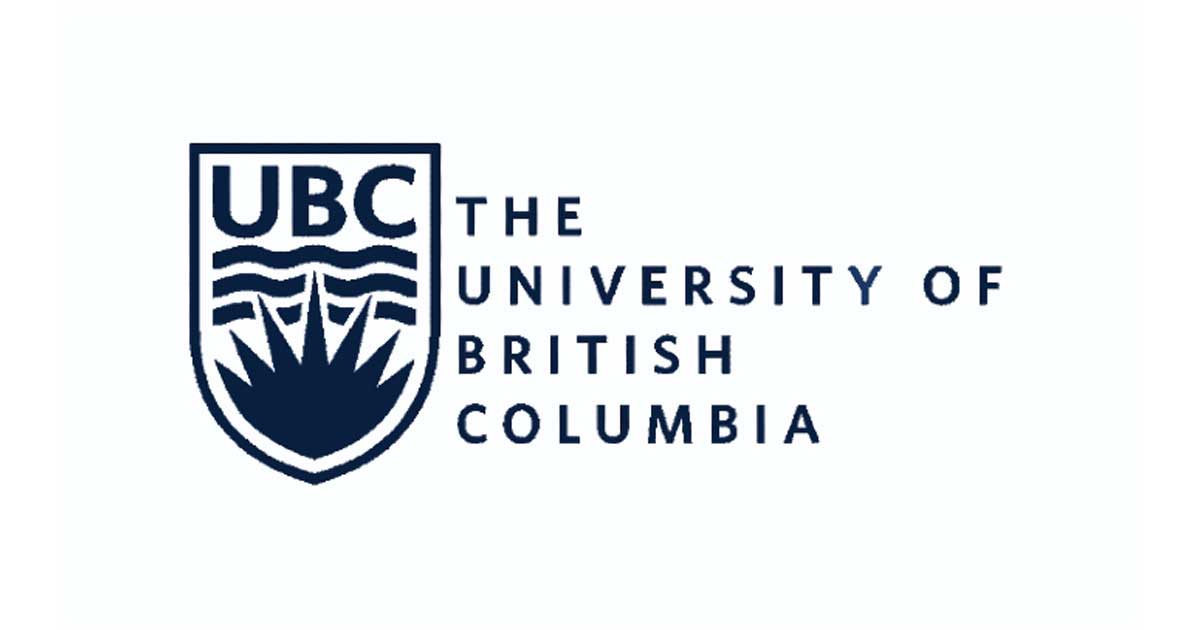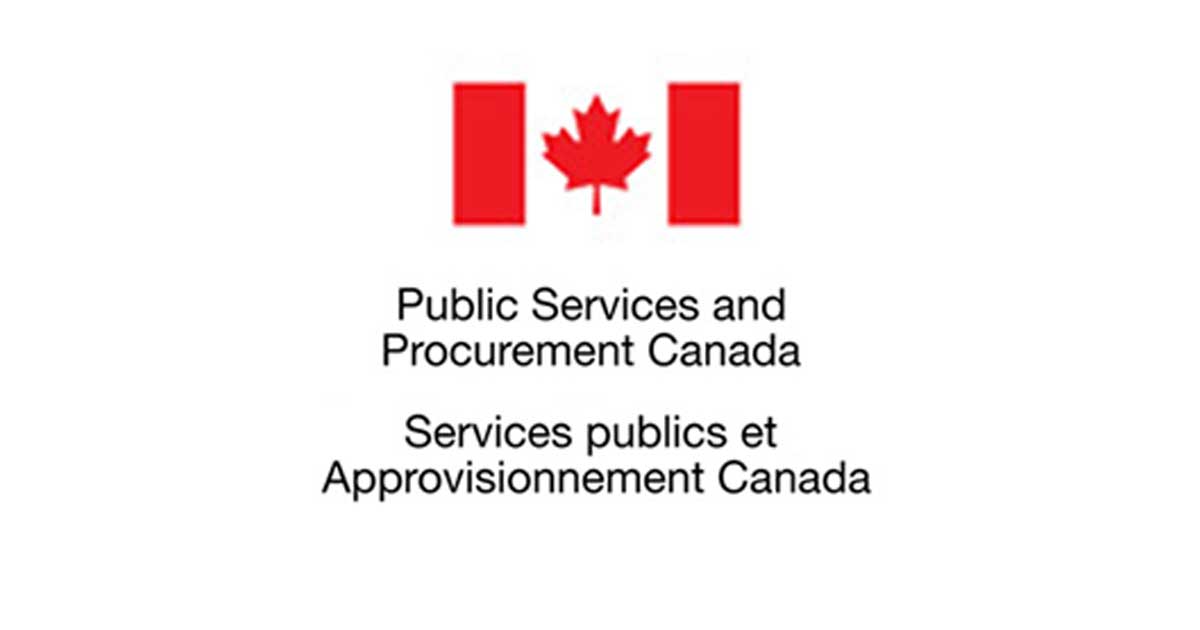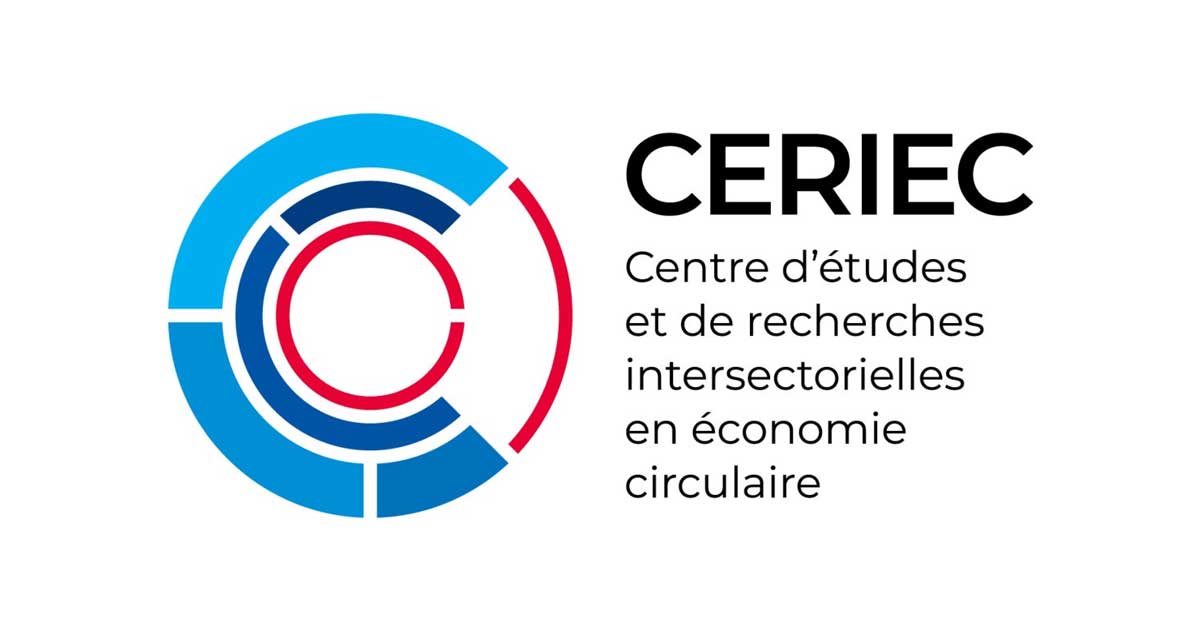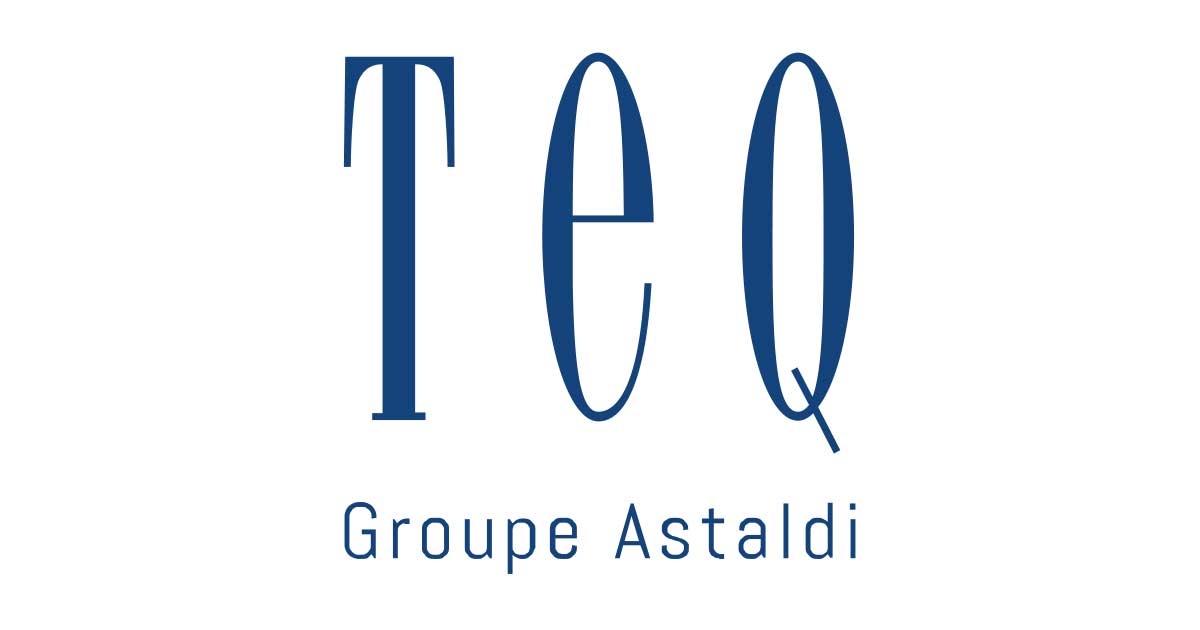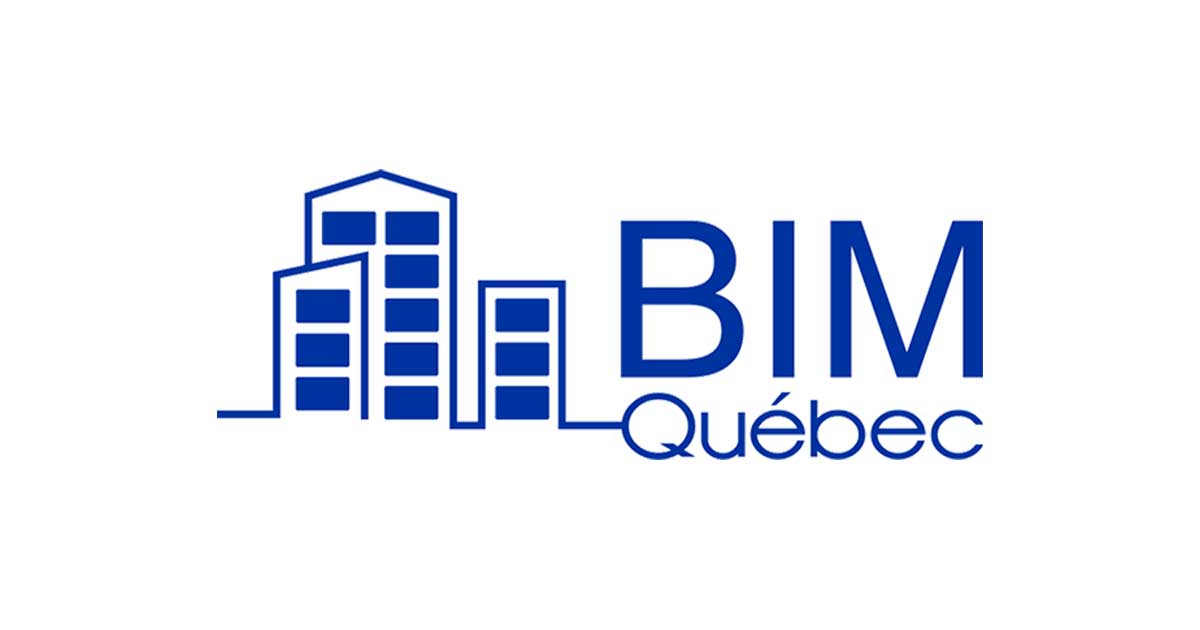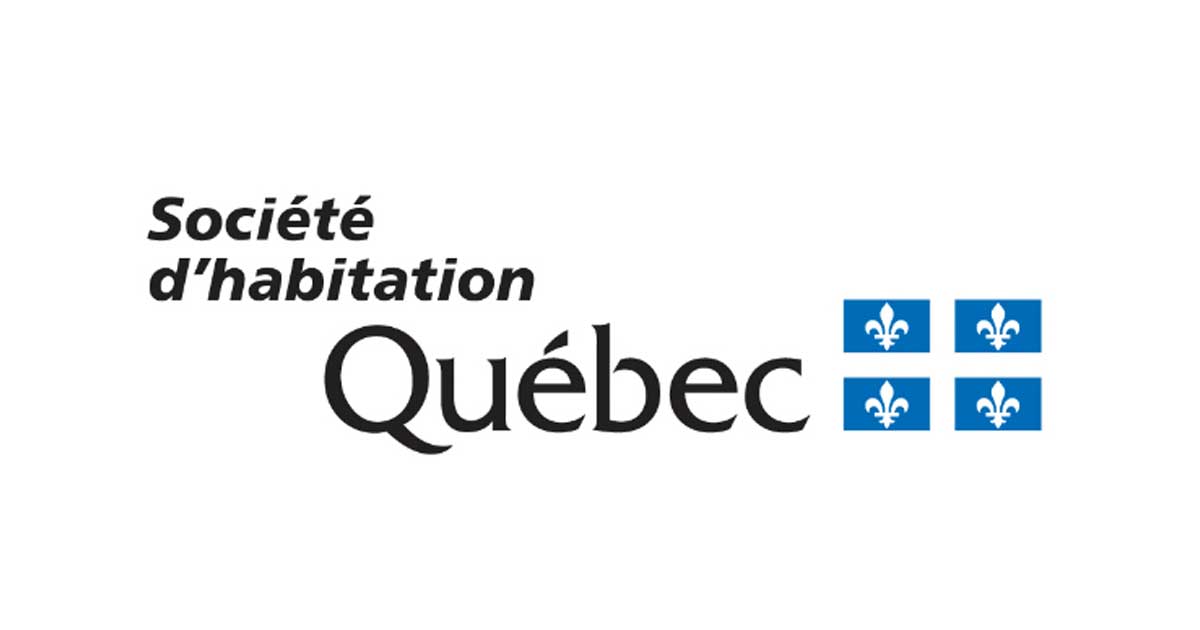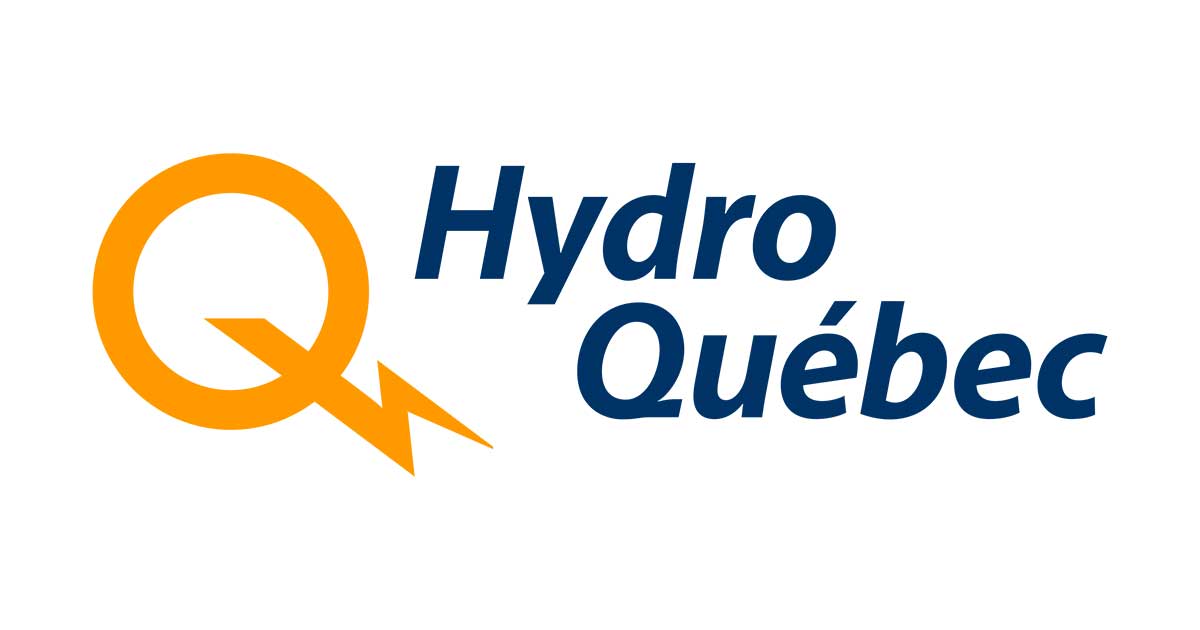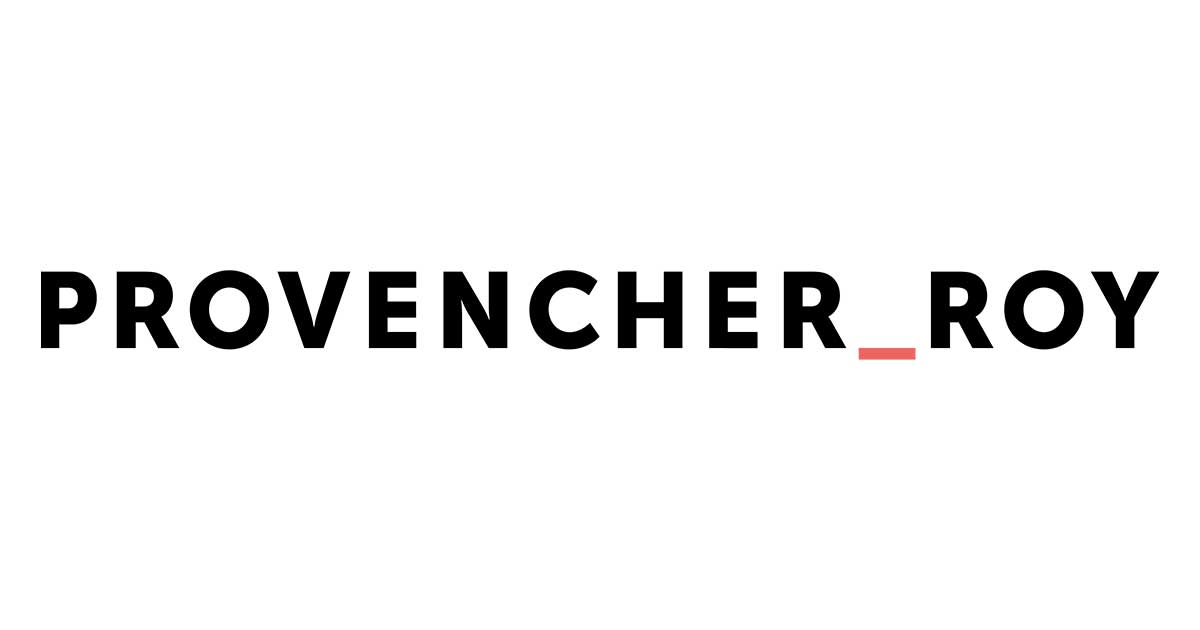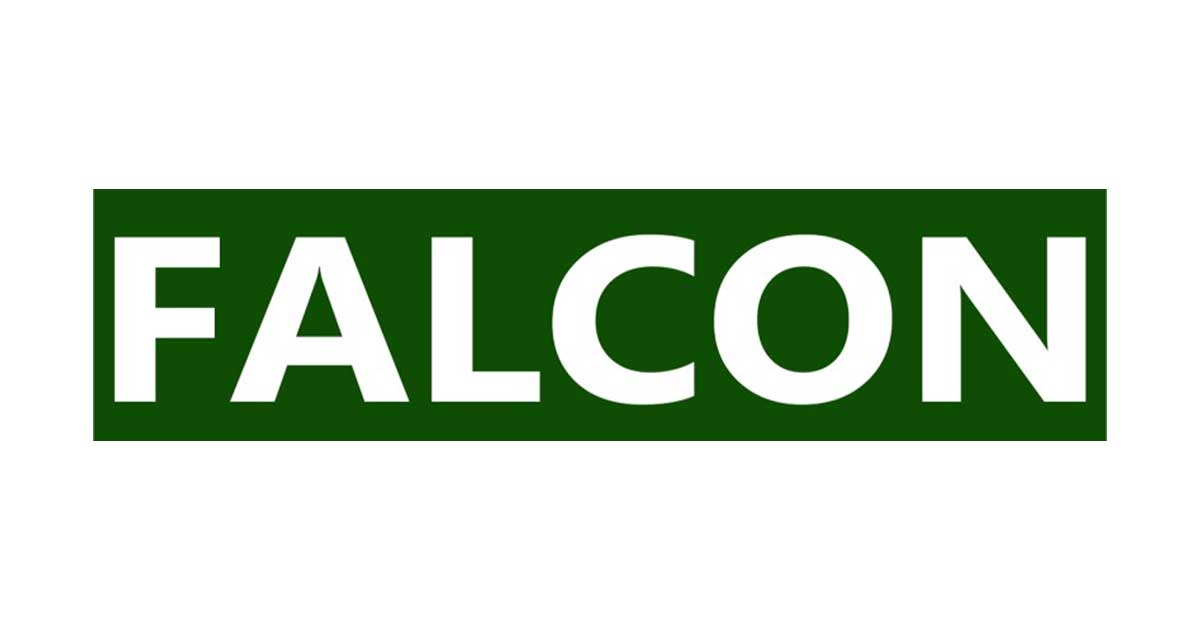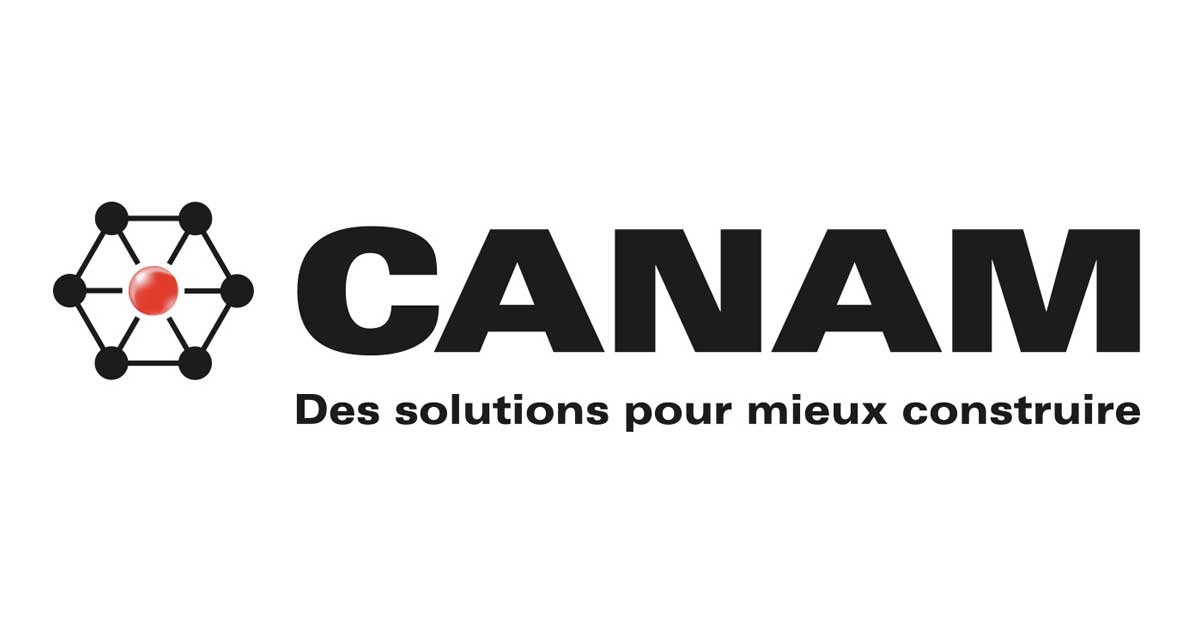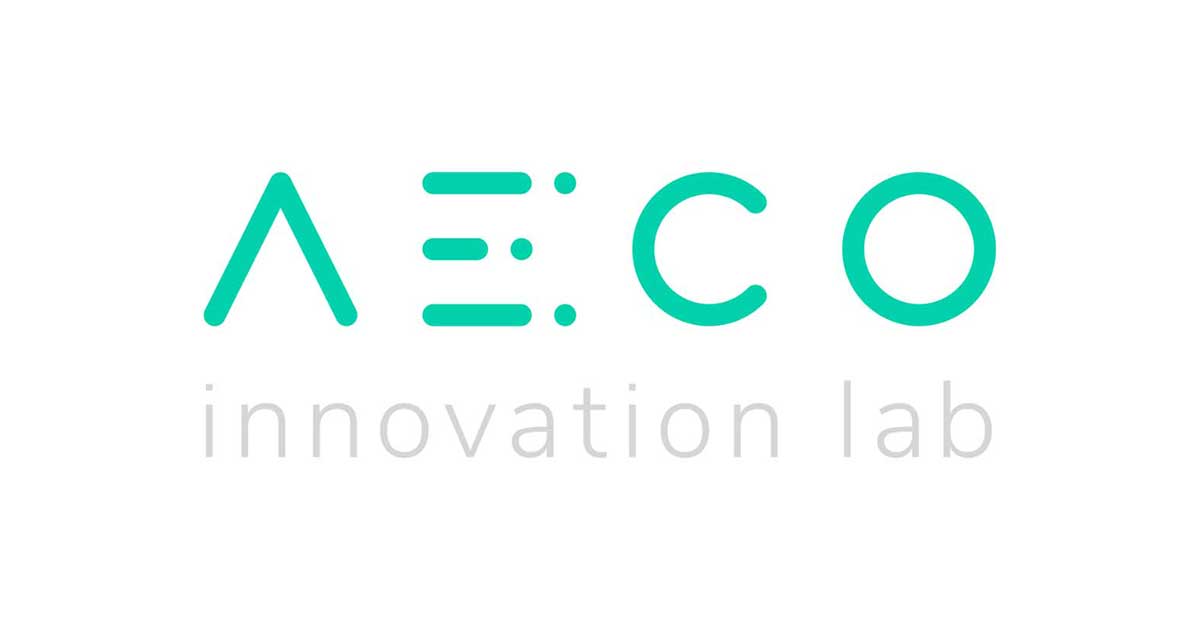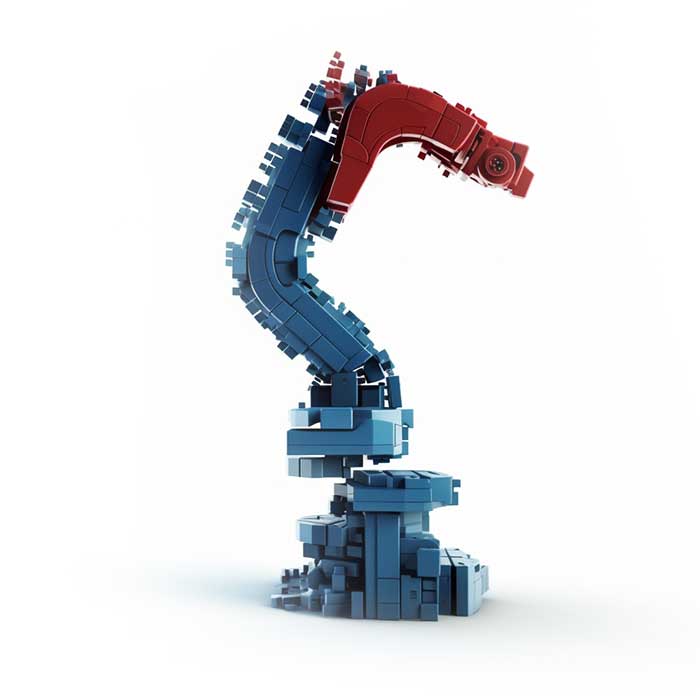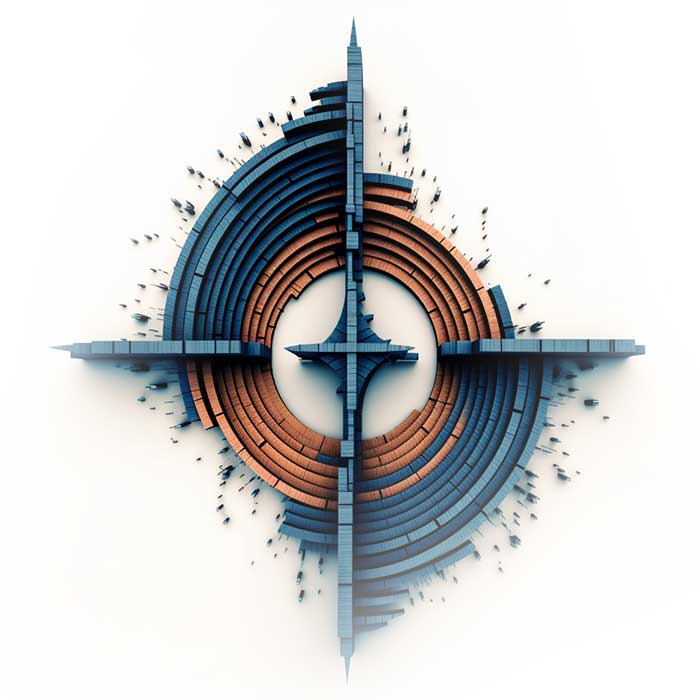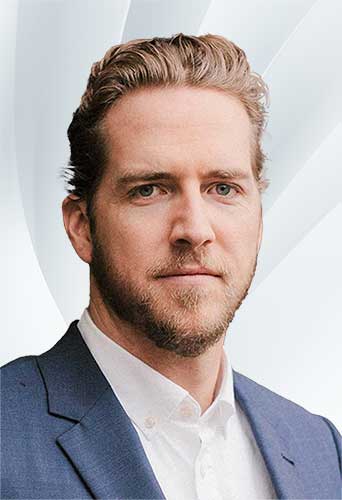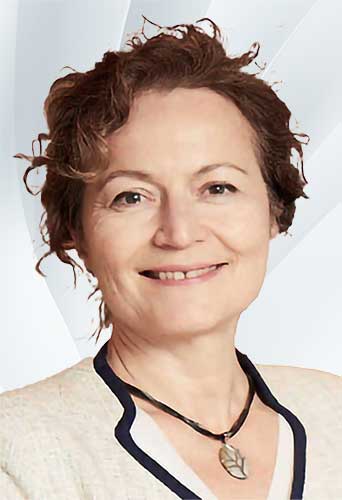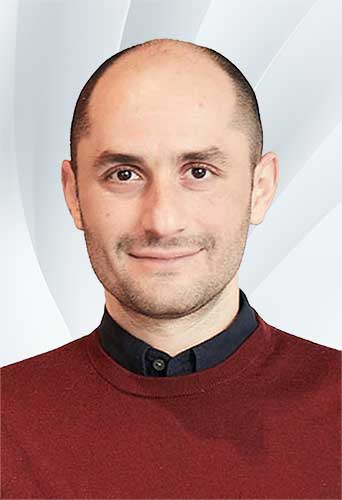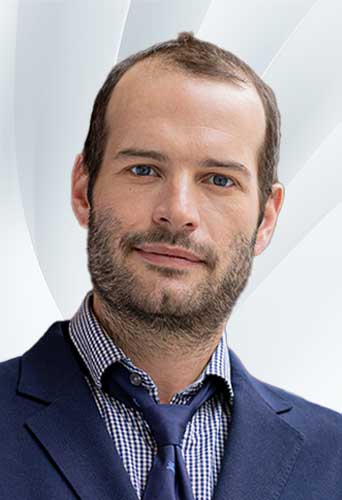GRIDD in figures
Beyond the numbers, a team dedicated to exploring technological advances in the architecture, engineering and construction industries.
36
Research projects
39
Students involved
33
Published articles
11
Published reports
GRIDD news at a glance
GRIDD’s most recent activities are presented below:
Content overview :
PDF : acfas-227-colloquevf.pdf
The construction industry is one of the pillars of the global economy. However, the industry faces many issues and challenges. Its low productivity and large environmental footprint have an impact on the value this vital industry generates for society. To increase this value, it is essential to rethink working methods in an industry traditionally regarded as resistant to change and slow to adopt new approaches and technologies. These are human, procedural and organizational issues, which go beyond the technical ones generally cited to explain this gap between science and practice. By adopting a systemic and socio-technical approach to innovation in the construction sector, this symposium will enable participants to exchange views on this topical issue.
The symposium will address topics related to innovation in the construction sector, including the needs and potential for innovation, the challenges to be overcome, and the trends and levers for accelerating it. It will also provide an opportunity to advance knowledge in the field of construction, particularly with regard to the systems and mechanisms to be put in place
to support innovation in this sector, as well as lessons learned from past and current efforts.
It will also enable participants to unveil the results of their research and exchange views on emerging practices.
The committee will receive proposals for papers on the following six themes:
- Innovation in construction
- Production methods / Integrated project management
- Construction methods
- Building data modeling
- Industrialization of construction
- LEAN construction
The co-leaders will receive the proposals via this online form following these
modalities :
- Proposal title: 180 characters maximum, including spaces;
- Summary of proposal: maximum 1,500 characters, including spaces (approx. 200 words)
- Proposal theme(s);
- Identification: Name(s) of author(s), Email(s), Affiliation(s), Status(s)
professional(s);
- Participation methods: Online or in person (The ACFAS 2025 conference is organized in hybrid mode. All scientific activities will be accessible on site and online, upon registration);
- Deadline for receipt of proposals: February 14, 2025;
- Conference date: Tuesday, May 6.
Selection criteria will include :
- the relevance of the topic to the session in question;
- the potential for advancing knowledge and making it transferable;
- the quality, clarity and conciseness of the presentation.
Selected speakers will be :
- professors, graduate students or post-doctoral fellows affiliated with a recognized institution and with expertise in issues related to the identified themes;
- representatives of Quebec-based public, private or civil society organizations whose activities influence or are influenced by the symposium issues.
Co-managers
Érik Poirier
ÉTS - École de technologie supérieure
Ivanka Iordanova
ÉTS - École de technologie supérieure
Gabriel Jobidon
ÉTS - École de technologie supérieure
Luciana Gondim de A. Guimarães
ÉTS - École de technologie supérieure
Nathalia De Paula
ÉTS - École de technologie supérieure
Charlotte Dautremont
ÉTS - École de technologie supérieure
Thank you for your submission to symposium #227 - Innovation for the renewal of the
construction industry: perspectives and trends. If you have any questions, please contact us:
Clément Blanquet Du Chayla
ÉTS - École de technologie supérieure
E-mail: clement.blanquet-du-chayla@etsmtl.ca
Content overview :
Background :
The construction sector is a key area of action for the transition to a circular economy (CE) on an international scale. On the one hand, the CE aims to eliminate waste by extending its lifespan and keeping it in circulation. On the other, it aims to reduce demand for materials through reuse. In this context, the Government of Quebec recommends in its CE roadmap for 2024-2028:
- Rethinking production and consumption patterns;
- Optimize the use of resources.
To ensure this circular transition, the challenges are multiple and interrelated: environmental, economic, sociological, organizational, technical and political. Organizational obstacles are the most recurrent and reflect a lack of information flow between stakeholders and between project phases. These obstacles are slowing down the transition to new working methods, new multidisciplinary team management and new skills training.
Digital tools can play a role in the interactive visualization of knowledge and interconnections, in networking and in the traceability of elements and processes.
In this context of systemic challenges and constraints, collective intelligence coupled with participative workshops can be an excellent tool for initiating new practices!
Program :
This research day will take place in 2 parts:
- The morning will be devoted to sharing and presenting research and practical experience between Quebec and Belgium;
- The second part of the day will be structured around participatory workshops, with the aim of stimulating reflection and knowledge on collaborative, multidisciplinary processes for reusing construction elements, based on a real project.
Complete program at the following link!
Objectives :
- Test and equip yourself to integrate circular practices into a real project;
- Navigating from circular intentions to the operation of built assets;
- A systemic approach to circular construction;
- Practice and theory: stimulating hybrid knowledge ;
- Connect issues and visualize processes ;
Research domains
Six areas of research to contribute to the development of the construction industry.
Research team
The GRIDD research team consists mainly of four professors. Discover their expertise by browsing their respective profiles, and don’t hesitate to contact them!
Our address
The GRIDD laboratory is located in A-1540 at École de technologie supérieure (ÉTS). If you’d like to get in touch with the laboratory, please don’t hesitate to contact us!

